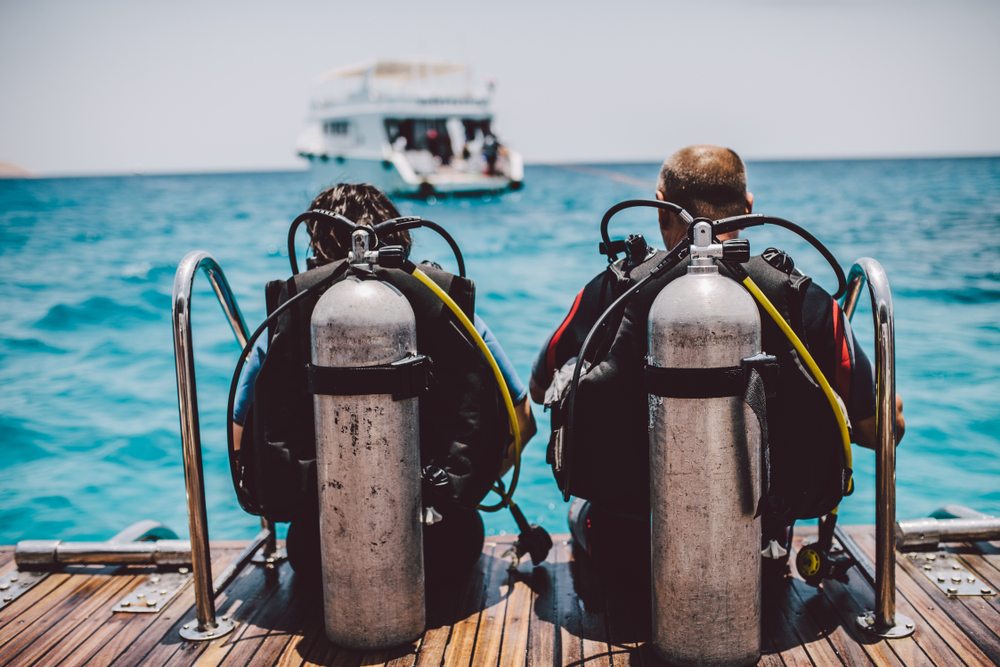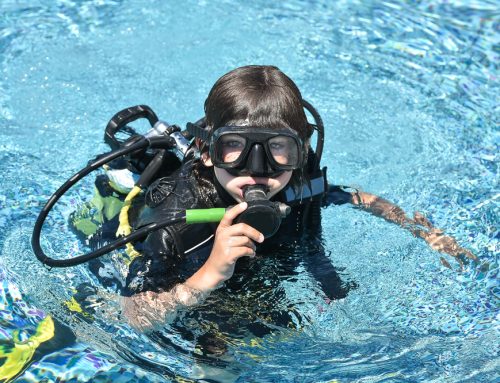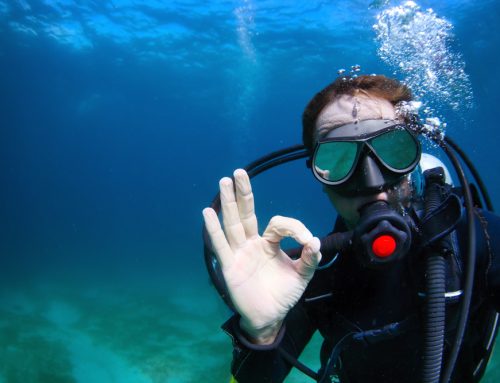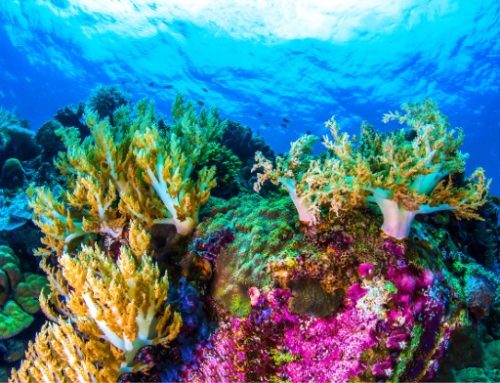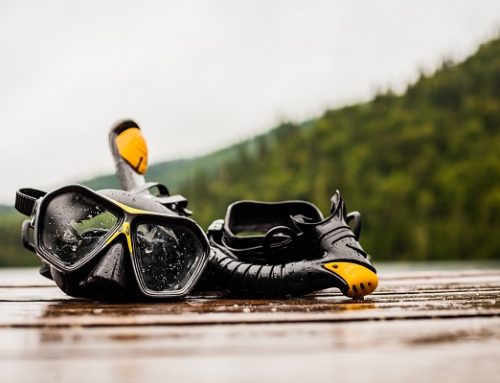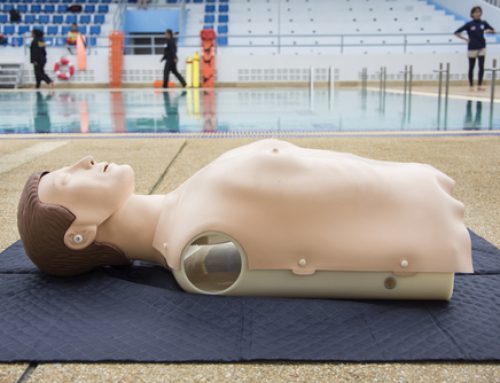If you’ve never dived before, you probably have lots of questions surrounding scuba diving. Relieve all your fears and get the answers you need as you plan your first scuba dive. Our team at A-1 Scuba can answer common questions asked by non-scuba divers.
Is It Hard To Learn To Scuba Dive?
At its core, scuba diving is kicking, breathing and floating. If you can master these three basic skills, you don’t have to worry about scuba diving. Obviously, there are more minor skills and concepts to learn, particularly for a safe dive, but these are the basics that you need to master.
Scuba diving requires skill in selecting the right equipment, finding the ideal diving location, and monitoring your situation. If you’re diving with a group on an organized trip, you don’t have to worry about any of these.
Does Scuba Diving Hurt Your Ears?
So scuba diving is easy to learn, but is scuba diving safe? A common concern is where scuba diving might hurt your ears. Diving can increase the water pressure on your eardrums, similar to the pressure you may experience when flying. Thankfully, there are a few ways to prevent this from hurting your ears. Find a way to open your eustachian tubes, or cause your ears to “pop” when diving. This is usually achieved by lifting your chin, pinching your nostrils shut and gently trying to blow out of your nose.
How Much Does Scuba Diving Cost?
Like any hobby, the cost of scuba diving can vary. Scuba diving at home can be very affordable if you live near a scuba diving location. Even dive trips can be surprisingly affordable if you sign on to a group trip.
Where Do You Go Scuba Diving?
Scuba diving is a thrilling activity whether you’re diving in a lake, river, quarry or ocean. The sights change dramatically depending on your location and the season, but scuba diving is a versatile hobby that can be enjoyed all around the world in almost any season.
How Deep Can You Dive?
For most scuba diving, the limit for recreational diving is 130 feet at sea level. Most beginner scuba divers stick to 30 to 60 feet. Anything over 60 feet is typically considered a deep dive. As you gain experience and move beyond a basic scuba certification, then you can enjoy deeper dives. Deep dives come with more risks than shallow ones, such as pressure and decompression issues, so many scuba divers prefer to stay at more shallow dives.
What If You’re Afraid of Sharks?
Despite the movie portrayals, few sharks are aggressive. Most shark attacks happen at the surface of the water, where sharks have trouble distinguishing swimmers by their silhouette. As a scuba diver, there’s very little chance of a shark showing any interest in you.
How Dangerous Is It?
As long as you work with a trainer to get certified in basic scuba diving, you can stay safe as you navigate ocean, river, lake and quarry dives. Stay safe while you dive with the right equipment and training. As long as you follow your instructor’s advice, choose the right equipment and stay at safe depths, you can enjoy a safe, fun-filled hobby.
Prepare for Certification and Your First Dive With A-1 Scuba
At A-1 Scuba, we take pride in our comprehensive training courses and affordable equipment. If you have more questions about how deep you can scuba dive or you’re ready to receive basic scuba certification, contact us today. Don’t let fears and unanswered questions prevent you from enjoying your new favorite outdoor activity at home and around the world.
Image credit by San4ezz


